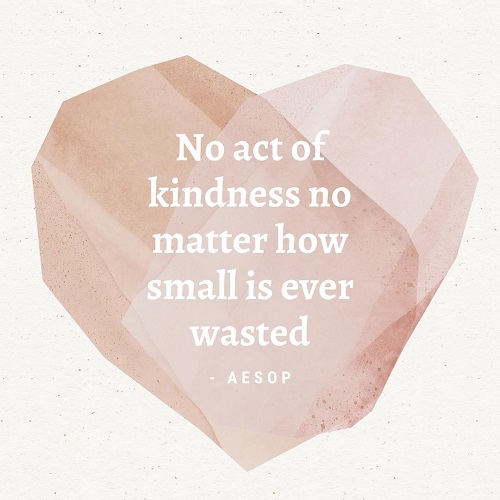How are you teaching your kids to show gratitude? Training your
children to say "please" and "thank you" is essential. This basic
social skill is critical in showing respect for others.
It takes plenty of prompting and reminders when your kids are young. It
is worth the effort. Developing the skill of showing appreciation will
benefit your kids. Expressing gratitude is crucial in maintaining
relationships.
Showing a Lack of Appreciation
It can be challenging for kids to consider other people’s feelings.
Part of showing genuine appreciation involves being able to put yourself
in someone else’s shoes. When children have not fully developed this
skill, it can cause problems.
(finish reading on Priceless Parenting.com)










